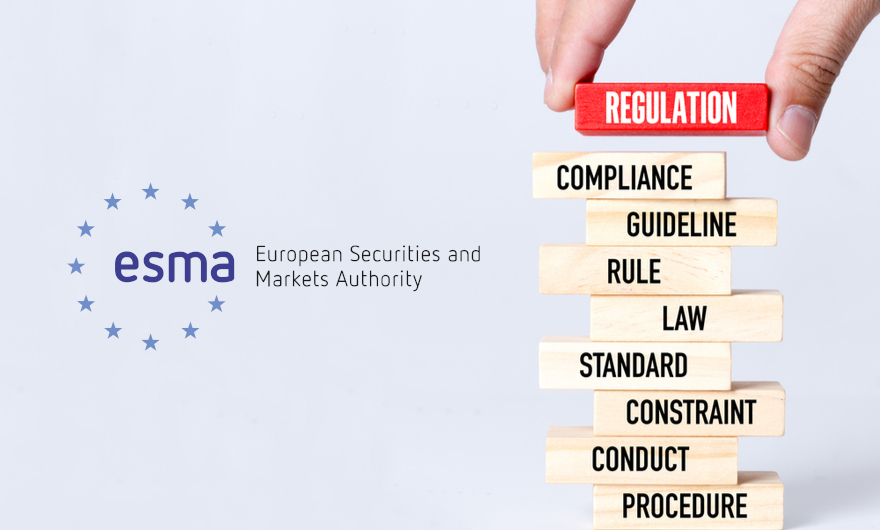An announcement has been made by The European Securities and Markets Authority declaring its support for The Netherlands Authority for the Financial Markets’ (AFM) plans to enforce limitations on the sale of Turbo certificates in a retail environment. Retail trade of Turbo certificates is a broadly utilised instrument within a number of European markets.
Turbos are often likened to CFDs (contract for differences) in a lot of ways. Both instruments are leveraged investment tools, yet turbos are manufactured with a built-in stop-loss, with positions automatically shut down as soon as a set price level is attained.
The European Securities and Markets Authority (ESMA) stated:
These measures concern turbos which are high-risk leveraged products with which investors speculate that the prices of the underlying asset, such as a share, an index or a currency, will rise or fall. ESMA’s opinion concludes that the proposed measures are justified and proportionate.
AFM first flagged concerns towards the end of last year surrounding fears that retail investors are not thoroughly protected against the aforementioned derivative products. It additionally cited an official survey from regulators which found that around 68% of turbo investors in retail end up losing their money, the survey finding an average loss of around €2,680.
Regulators have now issued these restriction proposals on the sale, distribution and marketing of such instruments in an attempt to somehow benefit retail traders. Regulators are suggesting to put a limit in place when it comes to leverage, showcasing compulsory trade risk warnings as well as a ban on trading bonuses.
Despite Turbo certificates not quite attaining the same popularity status as CFDs at this moment in time, they still hold a significant reach throughout Austrian, Belgian, Dutch, and German markets.
On top of this, ESMA has now started to encourage all National Competent Authorities (NCAs) to make an effort when it comes to monitoring Turbos within their markets respectively, working to analyse the risks surrounding the presence of these instruments amongst retail traders.
AFM’s proposal to place restrictions on Turbo came just after it imposed similar restrictions on CFDs upon the recommendation of ESMA. ESMA states in its latest announcement that if it does consider the adoption of a measure by other NCAs necessary, it must state so in its official opinion.
Earlier in the year, ESMA announced the appointment of Annemie Rombouts as Chair of the Corporate Reporting Standing Committee (CRSC). Rombouts was previously Deputy Chair of the Belgian Financial Services and Markets Authority. Her new appointment as chair of the CRSC is effective immediately.
